Dental Preventive Care: Why It's Essential for Long-Term Oral Health
Dental preventive care is a crucial aspect of maintaining good oral health. While many people only visit the dentist when problems arise, regular preventive care can help avoid the need for costly treatments and protect your smile for years to come. In this article, we’ll dive into the importance of dental preventive care, discuss the various strategies to keep your teeth and gums healthy, and highlight why early intervention is key to lasting oral health.
- Understanding Dental Preventive Care
- Key Benefits of Dental Preventive Care
- Preventing Common Oral Problems
- Oral Hygiene Tips for Effective Prevention
- The Importance of Regular Dental Checkups
Understanding Dental Preventive Care
Dental preventive care refers to the measures you take to keep your teeth and gums healthy and free from disease. This includes daily activities like brushing, flossing, and using mouthwash, as well as regular visits to the dentist for checkups and cleanings. By focusing on prevention, you can reduce the risk of dental problems such as cavities, gum disease, and tooth decay.
Why Prevention is Better Than Cure
Preventive care helps address potential problems before they become serious. It’s much more cost-effective and less painful to prevent issues than to treat them once they’ve developed. For example, a simple cavity can be prevented with regular brushing and a good diet, while ignoring early symptoms could lead to the need for expensive root canals or tooth extractions later.
Key Benefits of Dental Preventive Care
Investing time in preventive dental care has several important benefits:
1. Reduces the Risk of Tooth Decay and Cavities
The most obvious benefit of preventive care is that it helps reduce the risk of tooth decay. By brushing twice a day, flossing, and using fluoride toothpaste, you can protect your teeth from the bacteria that cause cavities. Early detection and treatment of cavities also prevent them from worsening into larger, more expensive problems.
2. Prevents Gum Disease
Gum disease is one of the most common oral health problems, but it’s also one of the easiest to prevent. Brushing and flossing regularly, along with professional cleanings, help keep your gums free from plaque and tartar buildup, which can lead to gum disease, infections, and tooth loss.
3. Saves Time and Money
Regular preventive care can save you both time and money by reducing the need for expensive dental treatments. Professional cleanings and checkups catch problems early, making treatment simpler and less costly. On the other hand, waiting until issues become severe often leads to costly procedures, such as fillings, crowns, or even extractions.
Preventing Common Oral Problems
Many common oral health problems can be easily prevented with a few simple steps. Here are some of the most common dental issues and how to prevent them:
1. Cavities
Cavities are caused by bacteria that feed on sugar and produce acid, which erodes tooth enamel. The best way to prevent cavities is by brushing regularly, limiting sugary foods and drinks, and visiting the dentist for routine cleanings and fluoride treatments.
2. Gum Disease
Gum disease, including gingivitis and periodontitis, occurs when plaque and tartar accumulate on your teeth and gums. Regular brushing, flossing, and professional cleanings are key to preventing gum disease.
3. Bad Breath
Bad breath can result from poor oral hygiene, food particles, or gum disease. Preventing this common issue starts with maintaining a solid oral care routine that includes brushing, flossing, and tongue scraping, as well as drinking plenty of water to keep the mouth moist.
Oral Hygiene Tips for Effective Prevention
To prevent oral health issues, it’s essential to follow these oral hygiene tips:
1. Brush Twice a Day
Brushing your teeth twice a day is essential to remove plaque and food particles. Use a fluoride toothpaste and a soft-bristled toothbrush, and be sure to brush for at least two minutes each time.
2. Floss Daily
Flossing helps remove plaque and food particles between your teeth that brushing alone may miss. Make it a habit to floss once a day, preferably before bedtime.
3. Use Mouthwash
Using a mouthwash can help kill bacteria and freshen your breath. Look for an antimicrobial mouthwash that helps prevent gum disease and reduces plaque buildup.
4. Limit Sugary Foods and Drinks
Limit the intake of sugary foods and drinks, as sugar is a major contributor to tooth decay. If you do consume sugary snacks or beverages, be sure to brush your teeth afterward.
5. Drink Water Regularly
Drinking plenty of water helps rinse away food particles and bacteria, preventing plaque buildup and promoting healthy gums.
The Importance of Regular Dental Checkups
Even with a great daily oral care routine, regular dental checkups are crucial for maintaining optimal oral health. These visits allow your dentist to identify early signs of problems such as cavities, gum disease, and even oral cancer, which may not be visible to the untrained eye.
1. Professional Cleanings
Even with regular brushing and flossing, plaque and tartar can build up on your teeth. Professional cleanings remove these hard-to-reach deposits, helping to prevent tooth decay and gum disease.
2. Early Detection of Dental Problems
Regular checkups allow your dentist to detect issues early, when they’re easier and less expensive to treat. Catching problems like cavities, gum disease, or tooth misalignment early can save you time, money, and pain in the long run.
If you're looking to maintain your oral health for the long term, following a solid preventive care routine is key. By brushing, flossing, and visiting your dentist regularly, you can enjoy a lifetime of healthy teeth and gums. For more tips and resources on dental care, visit Dentistry Toothtruth and get expert advice to keep your smile bright and healthy.

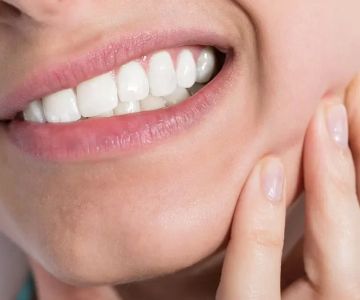
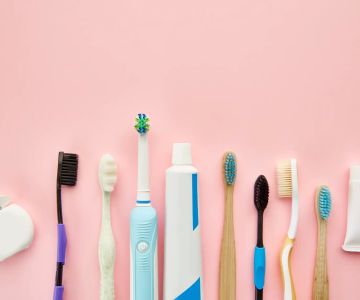
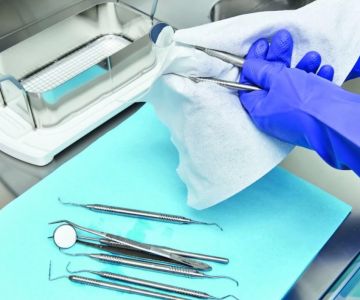
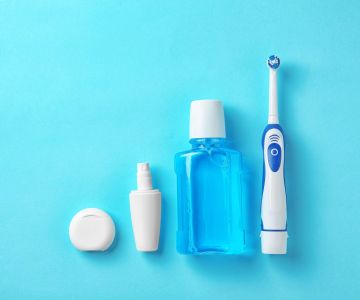
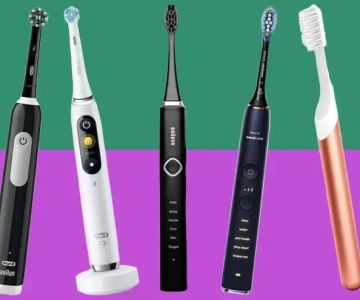
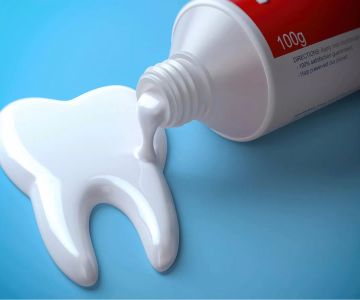
 Jody B Vance, DDS, MS, PC4.0 (119 review)
Jody B Vance, DDS, MS, PC4.0 (119 review) Apple Tree Dental Mounds View4.0 (611 review)
Apple Tree Dental Mounds View4.0 (611 review) Waukegan Dental Wellness0.0 (0 review)
Waukegan Dental Wellness0.0 (0 review) Chesheim Dental Associates4.0 (103 review)
Chesheim Dental Associates4.0 (103 review) White Plains Pediatric Dentistry4.0 (27 review)
White Plains Pediatric Dentistry4.0 (27 review) Puntillo & Crane Orthodontics5.0 (125 review)
Puntillo & Crane Orthodontics5.0 (125 review) The Importance of Oral Health Education During Pregnancy for a Healthy Pregnancy
The Importance of Oral Health Education During Pregnancy for a Healthy Pregnancy Best Tips for Brushing Your Teeth Properly for Healthy Gums: Essential Techniques for Oral Health
Best Tips for Brushing Your Teeth Properly for Healthy Gums: Essential Techniques for Oral Health Why Skipping Dental Checkups Can Lead to Bigger Oral Health Problems
Why Skipping Dental Checkups Can Lead to Bigger Oral Health Problems Advantages of Porcelain Dental Restorations
Advantages of Porcelain Dental Restorations How Can Diabetes Cause Tooth and Gum Problems? Preventing and Managing Oral Health Issues
How Can Diabetes Cause Tooth and Gum Problems? Preventing and Managing Oral Health Issues Healthy Habits for Promoting Good Oral Health and Hygiene: Tips for a Healthy Smile
Healthy Habits for Promoting Good Oral Health and Hygiene: Tips for a Healthy Smile